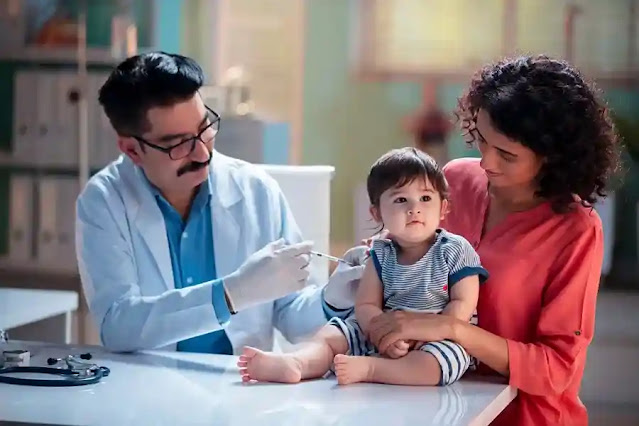A Game-Changer: The New RSV Vaccine for Babies
Respiratory syncytial virus (RSV) causes lung infections resulting in over 3 million hospital visits annually. For babies, RSV can be especially dangerous. A new RSV vaccine offers hope to protect our youngest and most vulnerable. Let go to discuss about New RSV Vaccine for Babies.
How RSV Impacts Infants?
RSV leads to severe bronchiolitis and pneumonia in babies. Infants have tiny, underdeveloped airways that become inflamed and filled with mucus from RSV. They struggle breathing, leading to hospitalization in 2-3% of RSV cases under age 1.Long-Term Effects
Studies show early severe RSV infections are linked with developing asthma and wheezing disorders later in childhood. An effective RSV vaccine can potentially reduce lasting respiratory effects. Exciting Advances in RSV Vaccines Several pharmaceutical companies are testing RSV vaccine candidates, but none are currently approved for the under 6 months old group. Maternal Vaccination One promising approach is maternal RSV vaccination. Pregnant women receive the vaccine and pass antibodies to their unborn baby, providing short-term protection after birth. Direct Infant Vaccination Other vaccines would directly immunize infants through a 2-4 dose series beginning at 2 months old. This strategy provides active, longer-lasting immunity. Benefits of Widespread Vaccination Experts estimate a safe, effective infant RSV vaccine could prevent over 90,000 hospitalizations and over 2 million outpatient visits annually.Herd Immunity
RSV vaccination wouldn't just protect vaccinated babies, but also provide herd immunity. With fewer susceptible infants, risk is reduced for ALL, including preemies too young for vaccination.
The huge potential public health impact makes an infant RSV vaccine an urgent priority. This breakthrough would save lives and reduce respiratory morbidity. The future looks brighter thanks to RSV vaccine research and development.
Conclusion
In summary, the new RSV vaccine for babies presents a crucial advancement in pediatric healthcare. Whether through maternal vaccination or direct immunization of infants, the potential to prevent severe infections and long-term respiratory issues is promising. As we await approval, the prospect of widespread protection signals a significant step toward ensuring the well-being of our little ones and a healthier start to their lives.



Comments
Post a Comment